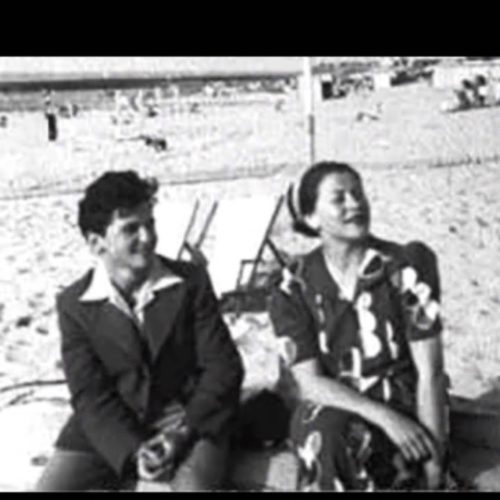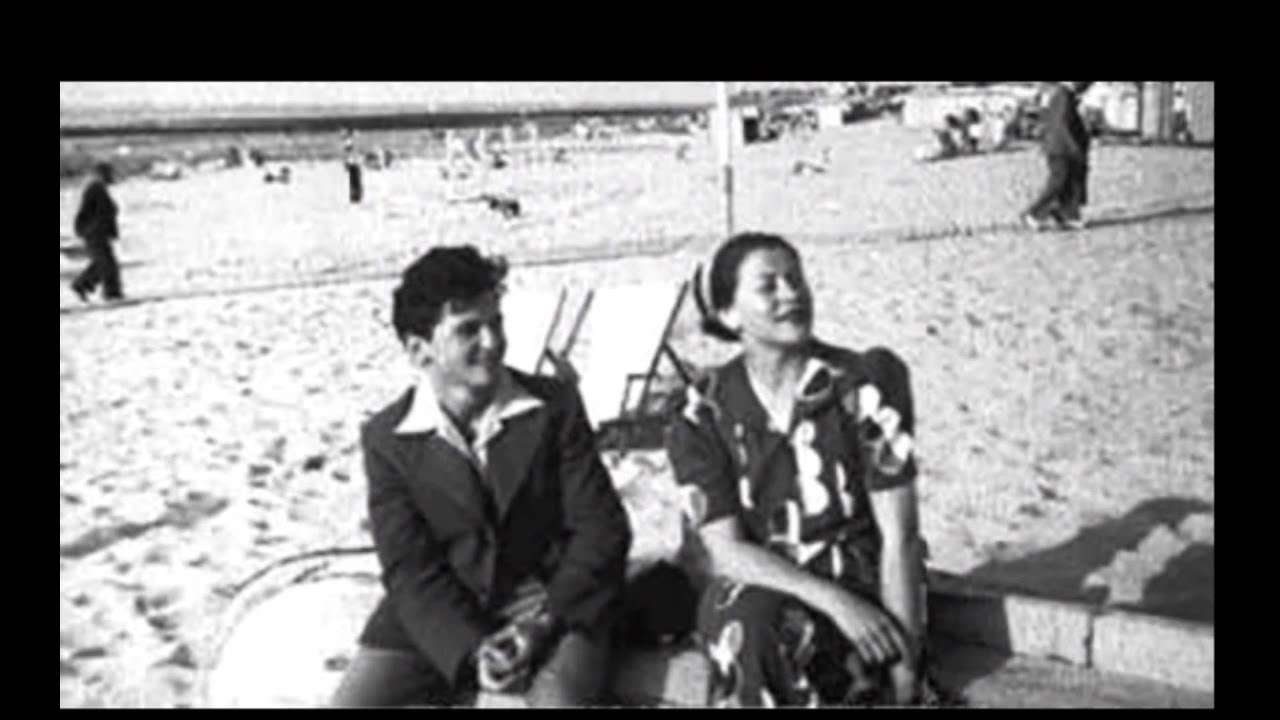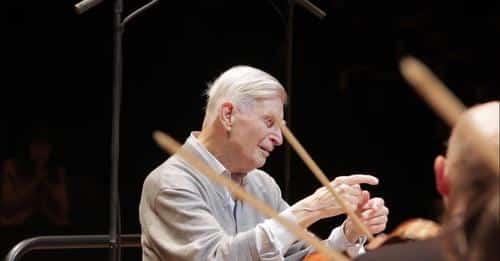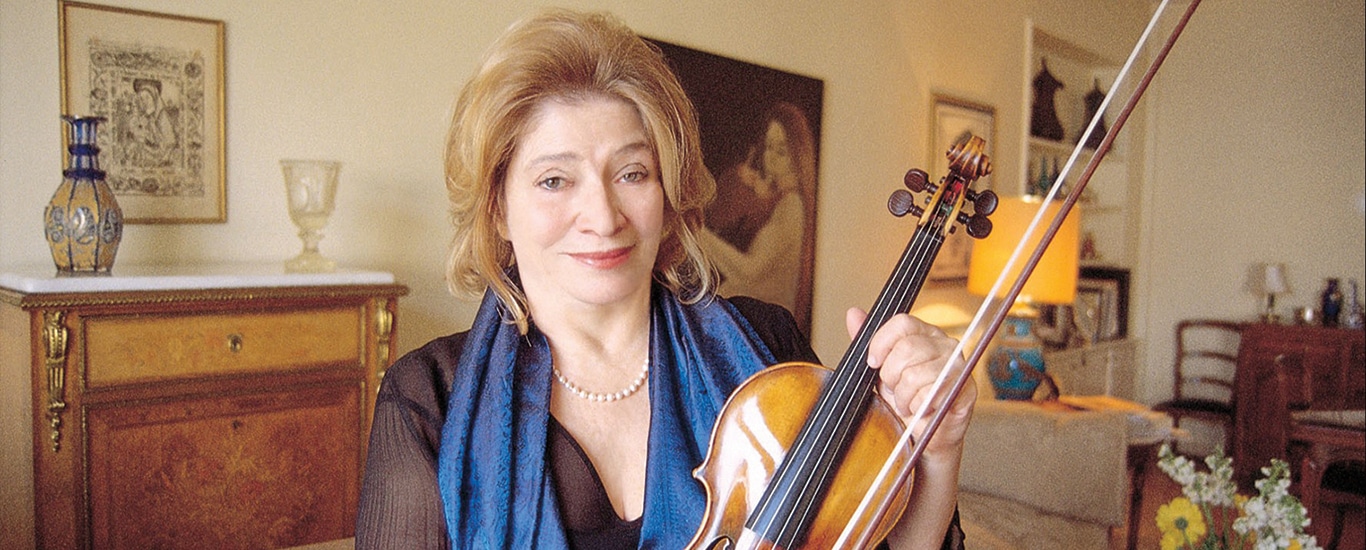The fullest story yet of the life and tragic death of Joseph Hassid
mainThis online account of the sensational violinist – referenced as a character in my novel The Song of Names – has been compiled with many new documents by his cousin Gerald S. Spear.
On May 2, 1942 he was released to London in the company of his father and
Harold Holt, therapy overall having comprised 60 insulin induced comas and 25
electrically induced convulsions.
Lewin wrote… ‘his playing is more incredible and wonderful than ever before. Yet
there is some streak in it now that goes beyond understanding, an odd description
of him playing a tremendously difficult work like the Ernst concerto, deliberately
disrupting and multiplying its technical hurdles by ten, changing its double
stopping into three and four note chords, fantastically converting the slashing
single note runs into octaves and tenths, almost as if to torture himself with his
fabulous mastery, to conquer and destroy it.’…

Read on here.






All one has to do is read the link, then the addendum, and see the whole logic of what happened to Josef, and to deny the abuse he suffered is like saying that whole list of everything that people go on about now adays doesn’t exist from calling a person’s reaction to abuse a genetic deformity to a chemical imbalance to a disease to a danger to their environment, when it’s the environment that’s oblivious, making fraudulent conclusions and incapable of offering the help that would make a difference. The result here is clear, and for those who failed him to continue to act as if they know what was going on or what the answer is highly fraudulent.
Fritz Kreisler was right. Maybe if the rest had listened things THEN would have been different, but that’s all over with, neither is who Josef Hassid is NOW a product of what didn’t work for him THEN. A child doesn’t express himself the way Josef did to his family without their being cause and such an attempt to again circumvent or hide it is sad to put it mildly, certainly given the fixation on fictional causes such as genetic flaws that haven’t been proven to exist, chemical imbalances etc..
And mounting numbers of such problems does not magically make those who fail such people, and continue to, and continue to make out they have the answer while the numbers get worse out to be anyone’s saviors, or even historians.
In this regard I think it is important to be aware that Fritz Kreisler
(i) had served as a medical officer in the Austrian Army during World War One, having had most of a medical education (that he apparently decided not to complete)
(ii) was the son of a doctor; and
(iii) Kreisler’s father might have known Sigmund Freud.
Over and above all that, Kreisler was a well-educated humanist (reportedly, he had some knowledge of Greek) and a very sensitive and generous human being.
So, Kreisler’s informal diagnosis was not an opinion from just another fiddle player. Indeed, it was likely as good if not better and the opinion of the average general practitioner in London at the time.
As I have commented before, parental abuse of talented children is not limited to music. There are lots of bad outcomes when parents try to make their kids star athletes, too.
jm
Someone, ANYONE, with Josef Hassid’s interpretive abilities needs to be given leg room rather than be told around every corner that they are headstrong by people not only deficient in such ability to interpret but remaining so.
You chop of someone’s head and they don’t show any signs of being “headstrong,” which is pretty much what the psychiatric system so often does in disabling the brain, although the side effect might be less extreme, if not more prolonged.
It’s a great shame that the recorded legacy seems just to be bon bons : Kreisler, Sarasate, Massenet and such.
He apparently played Beethoven . Brahms and Tchaikovsky concertos – they would have been wonderful to hear.
Interesting but very tragic story.
It is rather irritating that it is all about the playing, as if the music is a mere vehicle for performers and nothing else. It separates performing from its content, and turns the relationship upside down, fuelling the deplorable tradition of performers’ vanity on the expenses of the music.
To the contrary M. Borstlap, the author of “Yosi” goes to great pains on p 38 to stress that Achron, the composer, deserves at lease equal credit to the performer: “the main theme is a melody he heard as a child in a synagogue in Warsaw which he had remembered, and which captures the essence of Biblical Cantillation (chanting of Holy Scriptures), a fundamental of ancient Hebrew music.”
I’m sorry, you are right. I generalized in a careless way.
Most of the article though, gives another impression. But then, the subject is, indeed, the playing. Yet, there is more to playing than playing.
Heartbreaking reading. I knew the basic outlines from reading Margaret Campbell and other sources but much of this detail was new to me.
fantastic document. Thank you for sharing…
This was beautiful Admin. Thank you for your reflections.